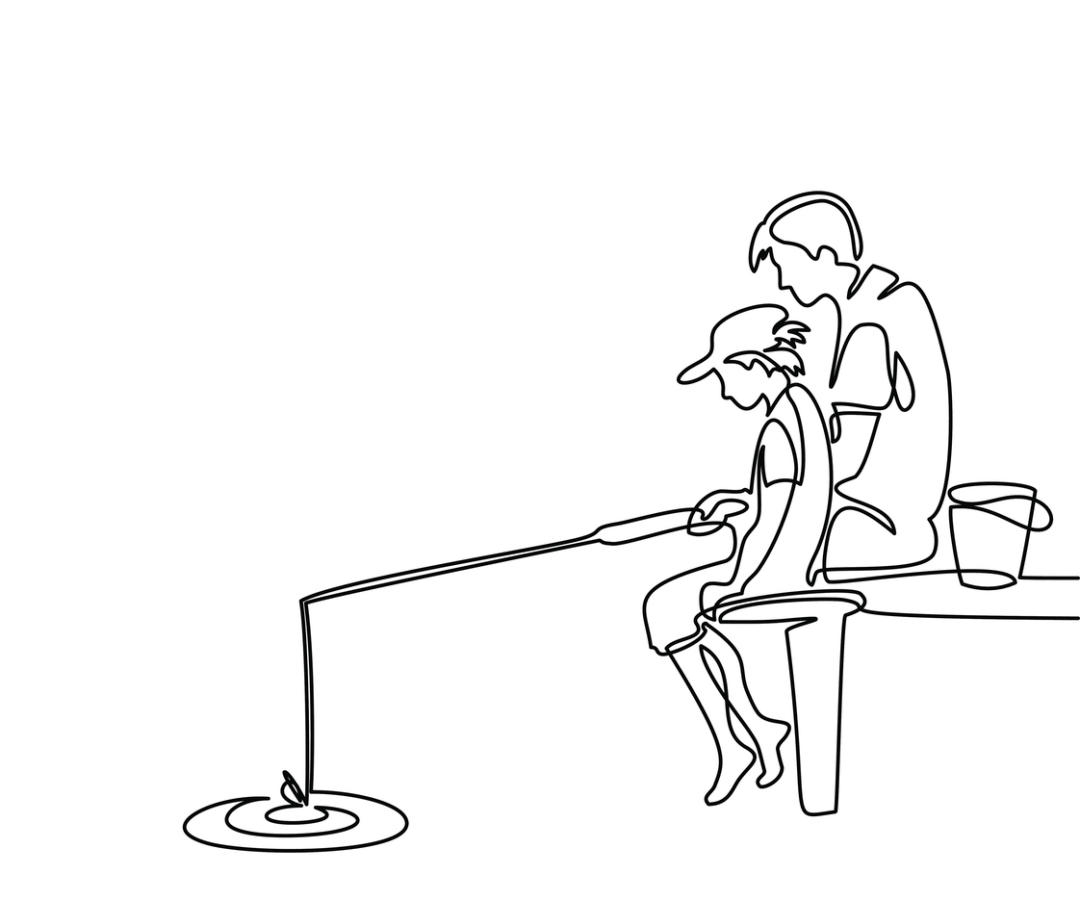When it comes to asking for help, some situations are easier than others. Homework help? Not a problem. Learning to drive? Help definitely needed! Choosing an outfit? A date destination? Using a new app? Reaching out to friends or those in the know is probably second nature. But when it comes to mental health issues—whether we’re talking about depression, eating disorders, anxiety, you name it—asking for help feels embarrassing and sometimes scary. What if that person thinks less of you? What if you confide in a friend and that friend tells all your peers? What if your parents find out your secret?
Taking that first step requires a lot of guts—and you might not even know where to start. But realize that you’re not alone. Research from the National Institute of Mental Health shows that one in every five teens has some type of a diagnosable mental health condition. That’s a lot of people struggling with the same things you’re going through! Read on to find out who to turn to as well as what to expect once you do ask for help.
How do I know if I need help?
You might feel like your days are full of emotional ups and downs, and that’s totally normal. However, if the downs have been outnumbering the ups for more than two weeks—or if feelings of sadness and anger interfere with school, sports, and other areas of your life—that’s a sign you might want to reach out for advice. Even if you’re not sure if you “qualify” as having a problem, there is no wrong time to turn to someone for support. You don’t need to be extremely sad or anxious to get support; even if you just feel a little bit “off,” you can ask for help.
Who can I talk to?
You could go to an adult that you trust, whether that’s a parent, a friend’s parent, a teacher, sports coach, your BBYO/NFTY/USY leader, or your Rabbi. You may be surprised by how understanding people are when you open up to them. Most adults have gone through their own struggles at one point or another in their lives, and they know how isolating it can be. They will be able to give you some advice and guidance, or point you in the direction of somebody who is better suited to support you.
If you feel uncomfortable discussing a mental health topic with someone you already know or if the situation demands privacy, you can always turn to a professional expert instead, such as a school counselor or a therapist. These people are trained to keep your conversations confidential (unless your safety or someone else’s safety is at risk). And remember that if you’re ever uneasy talking face-to-face with someone, you can use the crisis text line, 741741, and share your feelings anonymously.
What should I say?
Asking for help can feel awkward or uncomfortable, so try being direct: The sooner you get to the heart of what’s bothering you, the sooner you’ll begin to feel better. Rather than waste energy dancing around the issue, lay out how you feel. For example, you could say, “I’ve been really sad and even wishing I was dead sometimes.” Some people find it helpful to write down their emotions and share them on paper or in an email. You could also read a page from your diary aloud to a therapist. “Only you know what you are thinking and how you are feeling,” says Janet Pozmantier, M.S., LPC, LMFT, RPT, director of the Center for School Behavioral Health at Mental Health America of Greater Houston in Houston, Texas. “Clearly communicating your thoughts and feelings can be the quickest way for you to get the assistance you need and deserve.”
What if I’m worried about someone else’s mental health?
Perhaps a friend has mentioned feeling really down lately; your friend might have even mentioned thinking about suicide. Your first instinct may be to keep those shared thoughts a secret, but that’s actually the opposite of what a good friend should do. When someone is struggling with a serious mental health problem, keeping quiet out of loyalty to your friendship can backfire, as the situation can get worse very quickly. People suffering from mental health issues need all the help they can get, which is why it’s best to reach out to a trusted adult who can work with you to get your friend help right away.
Remember, mental health should be taken as seriously as physical health. If you had the flu or diabetes, you’d go to a doctor for help, and it’s equally important to get assistance for issues such as depression so that you can go on to live a healthy, happy life.
Special thanks to our experts:
Rachel Uslan, LCSW, a school-based therapist at Aurora Mental Health Center in Aurora, Colorado; Janet Pozmantier, M.S., LPC, LMFT, RPT, director of the Center for School Behavioral Health at Mental Health America of Greater Houston in Houston, Texas







